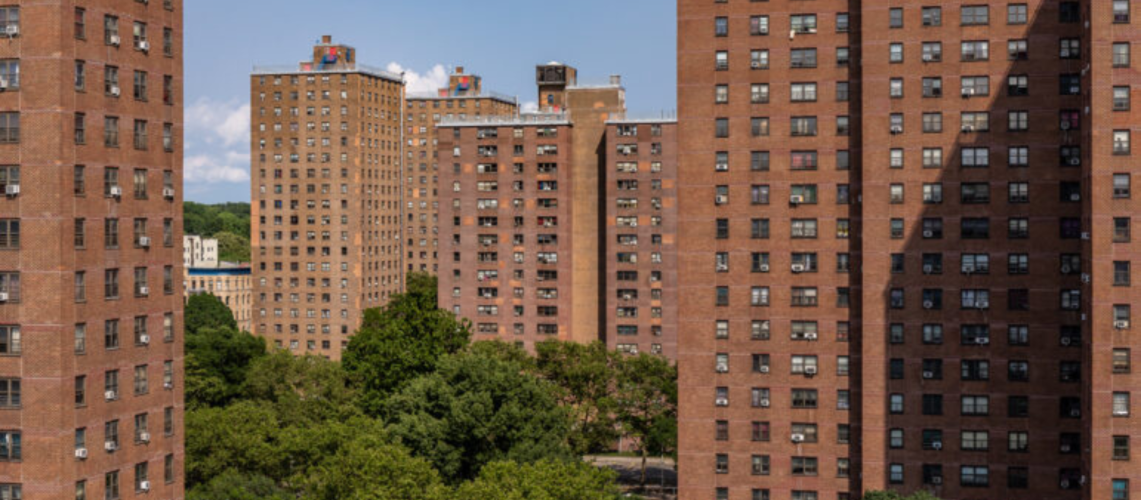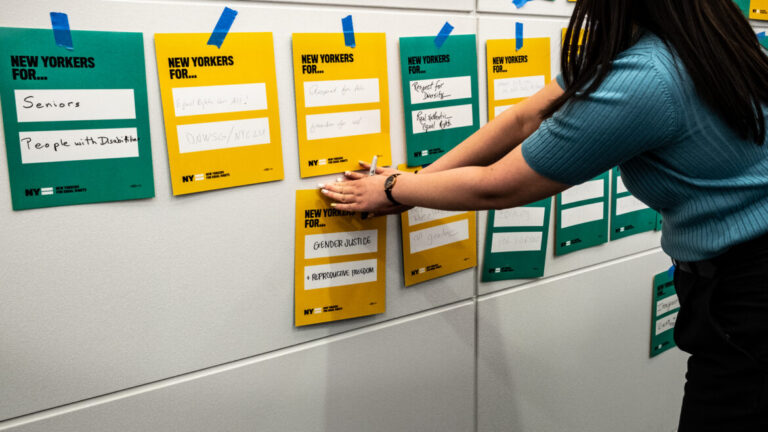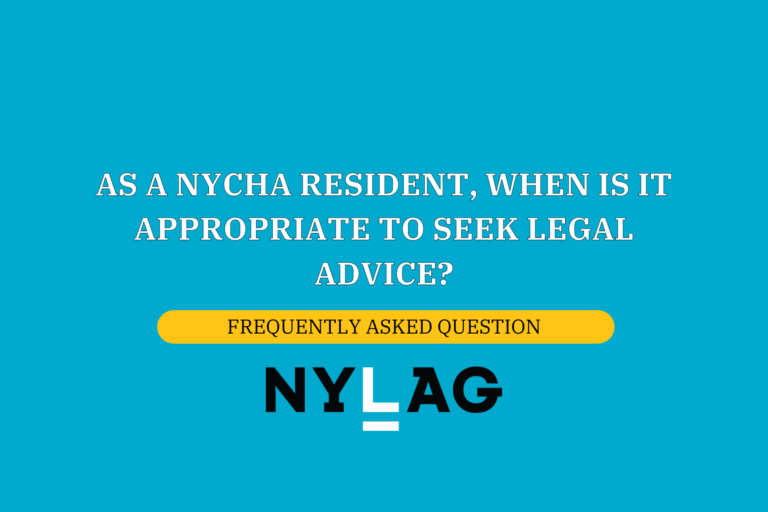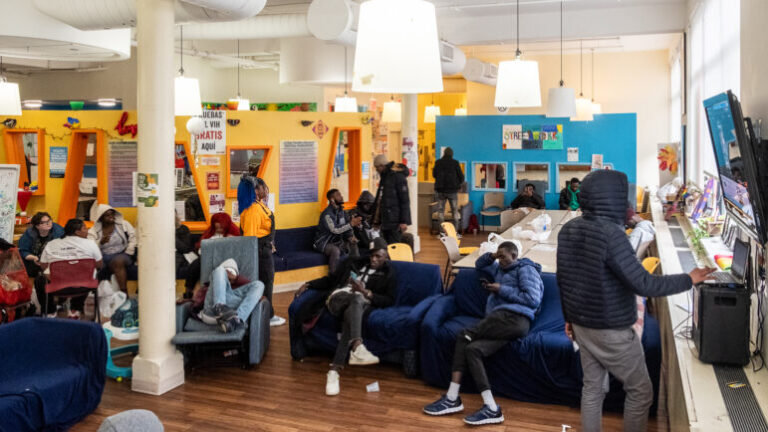After months of pressure from NYLAG’s lawyers, as of September 2023 NYCHA published a public document of its new Admissions and Continued Occupancy Policy (ACOP), which details rules and regulations surrounding tenant applications, rent calculations, transfers, and more. NYLAG’s Anna Luft and Kate Fetrow spoke to CityLimits about this huge win.
“For New York City residents living in public housing, there’s a wide-ranging set of legal rules and procedures that govern their tenancy—for how their rent is set, how they can add household members to their lease, what violations could put them at risk for eviction and more.
“After a more than year-long push from lawyers with the New York Legal Assistance Group (NYLAG), the housing authority is publishing all of its regulations in one document, which will be publicly available for the first time—and tenants and stakeholders have until next month to weigh in on the rules.
“NYCHA on Wednesday published a draft version of its new Admissions and Continued Occupancy Policy (ACOP), which details rules around things like tenant applications, rent calculations, transfers, recertifications and lease terminations, similar to the Rent Stabilization Code that governs rent-regulated housing in New York.
“’[It’s] a huge step forward in terms of having a more participatory, transparent housing authority,’ said Anna Luft, project director at NYLAG’s Public Housing Justice Project, where she represents tenants before NYCHA’s Office of Impartial Hearings, where termination of tenancy cases—the first step in the eviction process—are adjudicated.
“’For years the lack of a publicly available ACOP made it more difficult for her and other attorneys to defend NYCHA tenants facing potential termination, since it was hard to determine what the specific rules were. Residents can be terminated for a broad array of violations, including having an unregistered pet, failing to re-certify their income, or failure to occupy their apartments for a period of time, which Luft says she’s seen used against a client staying in a rehab facility post-surgery,’ Luft said.
“’Tenants can also face termination if they’re arrested, even without a conviction, or if they commit other behaviors deemed a danger or nuisance to others, what NYCHA refers to as ‘non-desirability’—compounding the impact of policing in public housing, where communities already face disproportionate surveillance and enforcement,’ Luft argues.
“’NYCHA is at the intersection of the housing court system and the criminal legal system,’ she said. ‘To keep those policies from [tenants] just exacerbates and perpetuates the underlying systemic racism inherent in the police system.’
“’We are really encouraged that NYCHA is accepting comments on [the ACOP] and we really want to encourage anyone, members of the public, anyone who’s interested, to consider submitting comments,’ said Kate Fetrow, a senior staff attorney in NYLAG’s Special Litigation Unit. ‘It’s really maybe a once in a lifetime opportunity to do that.’”
Read the full piece by Jeanmarie in CityLimits from September 18, 2023.








